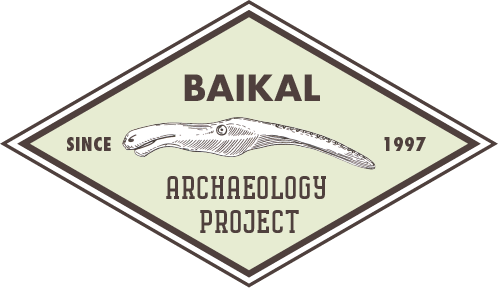Re-examination of the relationships between diets as inferred isotopically and grave goods in light of new data has revealed the importance of parental investment for Early Neolithic populations in Cis-Baikal, Siberia. The Kitoi Culture developed and maintained a flexible but expensive broad-spectrum subsistence strategy. Moderately high extrinsic risk factors produced periodic famines and metabolic stress evidence in skeletons. The small-scale efforts of parents to support their offspring through increased breast milk and plant food provisioning led to a restructuring of subsistence priorities with ramifications for group structuring over the course of centuries.


